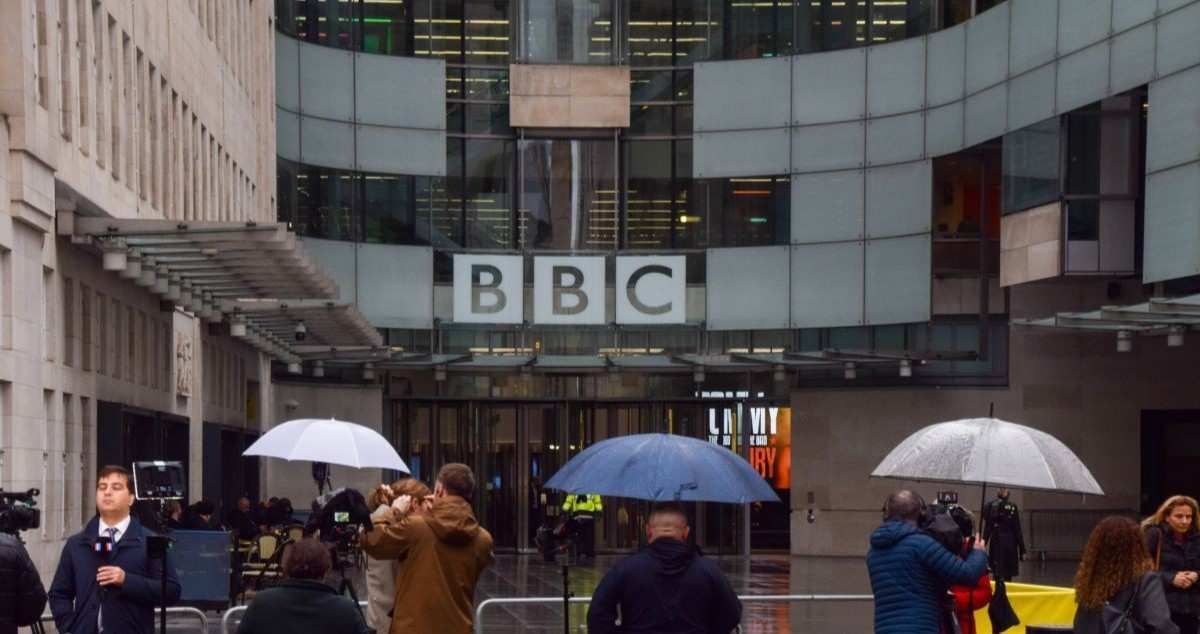2,000: When Afghans head to the polls next month, 2,000 polling stations out of 7,400 will be closed because of fears of attacks by insurgent groups. Ongoing security crises in that country coincide with talks between the US and the Taliban on reaching an agreement on the withdrawal of American troops.
14,603: Mexican president Andres Manuel Lopez Obrador took office last year pledging to address a long-standing violence epidemic that is fueled by drug cartels and gang violence. It won't be easy: The 14,603 homicides recorded in Mexico in the first half of this year are the highest on record.
44: Russia, it appears, is no place for young people. According to a new Gallup poll, 44 percent of Russians between the ages of 15-29 say they want to move to another country permanently. That's up 30 points over the past five years. Russia's dwindling population and chronic brain drain are already threatening its prospects as a global power. This won't help.
1 million: As the prospect of a no-deal Brexit looms large, EU citizens living in the UK are increasingly concerned about their future status in the country. So far, 1 million EU citizens have asked for "settled status" to stay in the UK. An additional 1.6 million are – like the rest of us – still seeking greater clarification on what's going on.